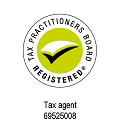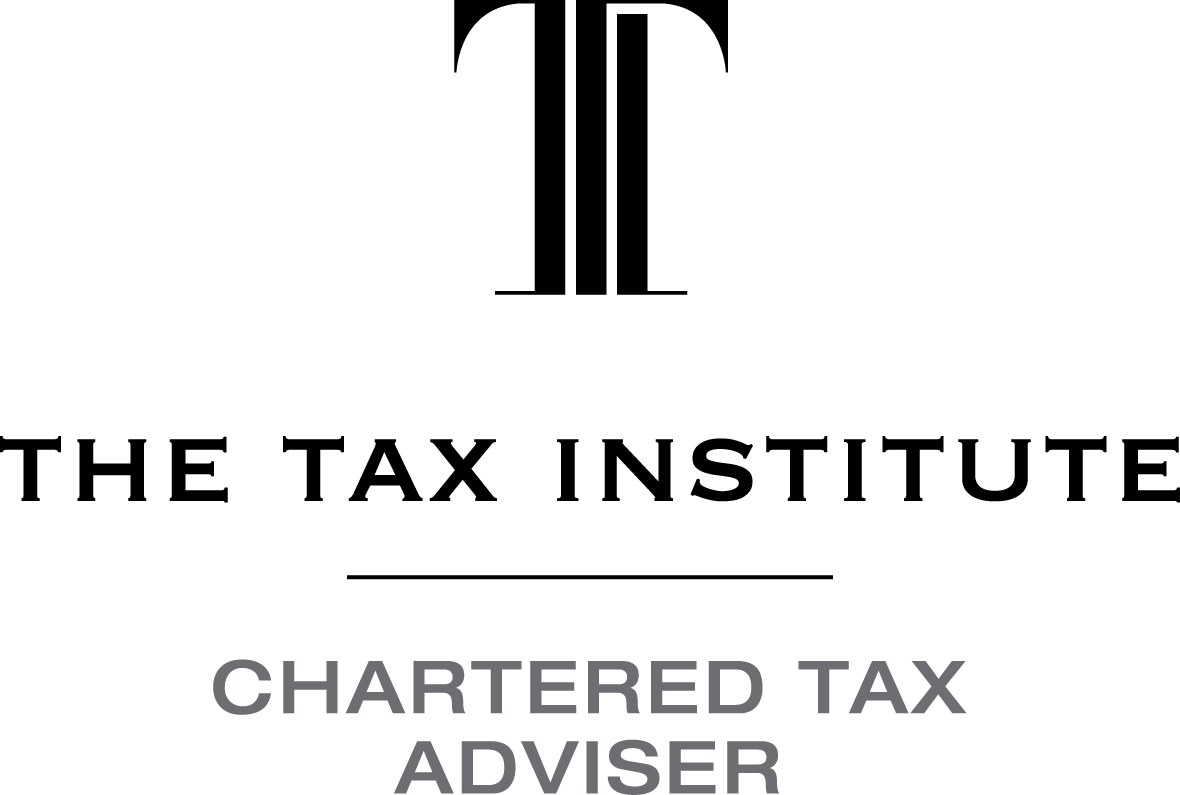Tax Office: Warning against 'seemingly' legitimate schemes
The Tax Office is warning investors not to be fooled by legitimate–looking tax avoidance schemes.
Deputy Commissioner Tim Dyce states these illegal schemes can appear legitimate even to experienced investors and generally tend to be complex structures. Further, they have unusual financing arrangements and investors should look out for telltale signs.
"Tax avoidance schemes aren't always the 'too good to be true' types. They can be more sophisticated than many people realise," said Mr Dyce.
Mr Dyce has urged investors to consider not only the design of the arrangement, but what the deal requires of the parties, the primary purpose of the arrangement as well as the level of risk involved.
"If the main purpose of the arrangement is to reduce your assessable income by claiming deductions you are not entitled to, without any real investment, it is likely to be a scheme."
"We often see promoters of illegal arrangements guaranteeing that their product is 'no risk'. They'll also encourage you to keep the arrangement a secret or discourage you from seeking independent advice," said Mr Dyce.
Example
In a case stated, promoters promised investors a deal that would assist in repaying their home loans sooner via a 'mortgage management plan'. By using the equity in their home, the investors would get additional loans for the purpose of claiming investment deductions equivalent to the home loan interest under the scheme.
What should investors do?
The Tax Office encourages anyone unsure about a tax investment they have been offered to seek a second opinion from an independent and trusted tax professional.
"At the end of the day, when it all goes wrong, it will be you and not just the promoter, who will have to face the penalties."
The Tax Office suggests that investors be wary of promoters that:
- offer zero-risk guarantees for their product
- refer you to a particular adviser or expert. They may seek to persuade you by claiming the adviser has specific knowledge about the arrangement and the promised tax benefits
- ask you to maintain secrecy to protect the arrangement from rival firms
- discourage you from obtaining independent advice, and
- do not have a product disclosure statement or prospectus for the product.
More information
Mr Dyce's media release can be found here.
More information in relation to schemes including how to get out of a scheme, reporting illegal arrangements or promoters is available here.
Source Taxpayers Australia July 2014
EMAIL US
 CPA
CPA
 Tax Agent
Tax Agent
 Xero Silver Partner
Xero Silver Partner
 Tax Institute
Tax Institute
 NTAA
NTAA
 Reckon
Reckon
 MYOB
MYOB
Liability limited by a scheme approved under Professional Standards Legislation

